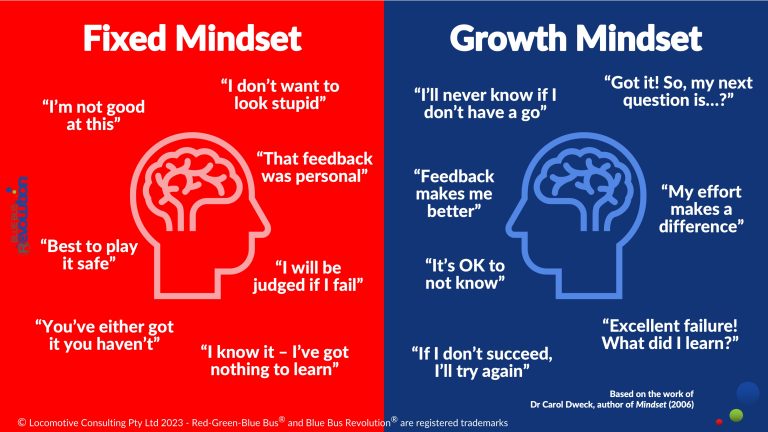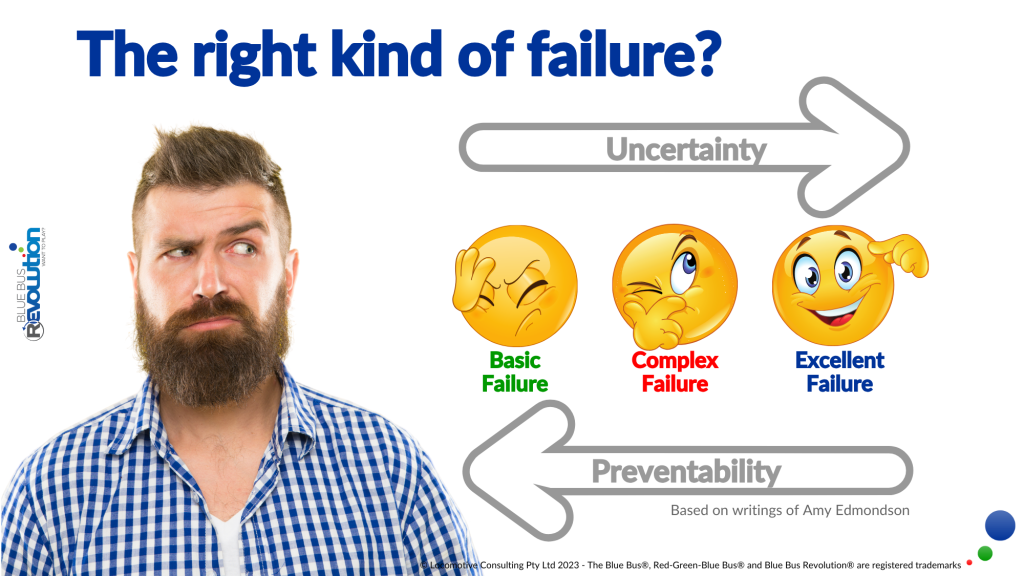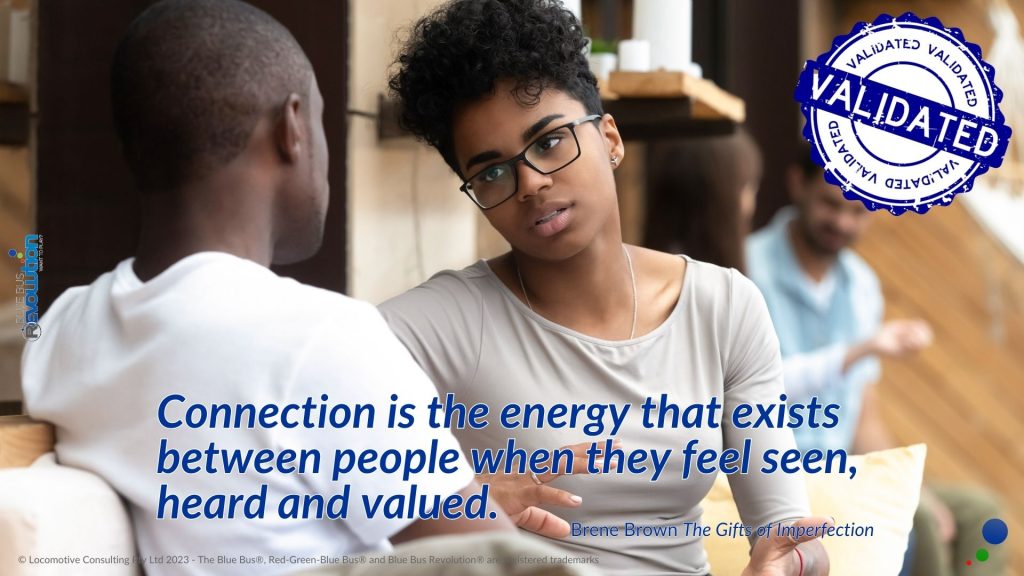What’s the link between the stories we tell and learning?
We are constantly engaged in ‘self-talk’. These are the stories we tell in our heads – and occasionally out loud – that shape and affirm our beliefs about ourselves. This includes the recalling and replaying of life experiences, from our early childhood up to the present moment. We recall not only what happened but also our emotional reactions to what happened and the rationalisations we created to explain why things happened. And these memories are fungible: each time we recall, retell and reflect these memories, we subtly change our memories while shaping an evolving narrative about who we are and where we stand in the world.
So it is with our self-talk about learning. Born curious and insatiable learners, we quickly learn from parents, peers and teachers what is valued or what earns status in our learning.
We come to think differently about exploring the world when our parents allow us to discover boundaries by grazing our knee or experiencing social rejection versus when they try to protect us from hurt through soft-fall play and curated groups of friends.
We approach social interactions differently when our peers accept us for our differences and unique talents versus when our relationships revolve around a narrow definition of talents required to make it into the in-group.
We engage in our studies differently when our teachers emphasise our efforts to learn and help us learn from mistakes versus rewarding correct answers and punishing getting something wrong.
These lessons add up to us either enjoying the curiosity and effort of learning, or living in fear of being found out as not good enough if we try something new.
These are lessons we carry through-out our life and we reinforce through self-talk and our filtering and rationalisation of our life experiences. We carry them as either a fixed or growth mindset. We lock ourselves into a fixed mindset when our self-talk affirms the limits of our abilities. We develop a growth mindset when we tell ourselves that it’s OK to take a risk because excellent failures are how we learn.
We find fixed and growth mindsets in our personal self-talk, shaping our approach to not only education and training, but also our relationships and recreational interests. We also find fixed and growth mindsets in the stories we tell as families, teams, organisations and society: we either value effort, curiosity and safe-to-fail experimentation or attach status and reward to always being ‘correct’ while punishing anything judged as ‘failure’.
Here Carol Dweck, author of Mindset, explains how the growth mindset‘s focus on the effort of learning primes us to expect the cognitive friction that learning requires.
Which Bus is driving the stories you tell about learning?










